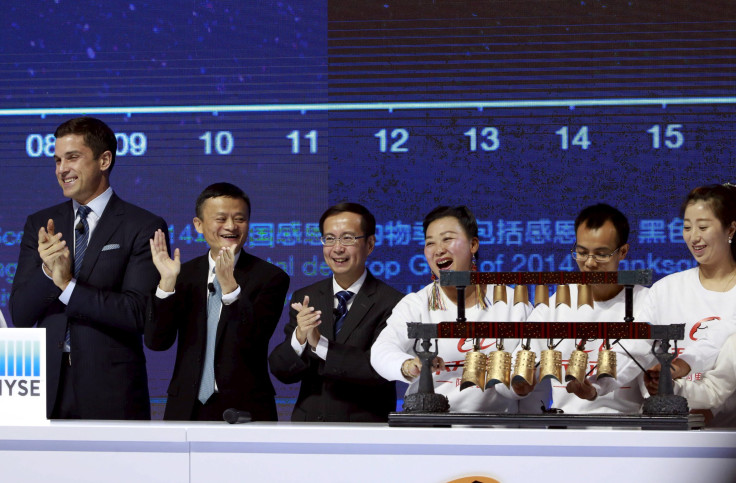Asian Shares Skid As Commodities Drop

By Hideyuki Sano
TOKYO (Reuters) -- Asian shares looked vulnerable on Friday after commodity prices plunged to multi-year lows on worries that softer global growth may exacerbate the supply glut, while U.S. Federal Reserve officials kept beating the drum for a rate hike next month.
MSCI's broadest index of Asia-Pacific shares outside Japan fell 0.5 percent, led by losses in resource shares. Japan's Nikkei shed 1 percent.
Copper, often seen as a good gauge of the world's economic health because of its extensive industrial use, fell to a six-year low of $4,800 per ton, breaking below its August trough. Oil prices also fell near 6-1/2-year lows touched in August, when the world's financial markets were gripped by fear of hard landing for the Chinese economy.
U.S. crude futures fell to a 2-1/2 month low of $41.54 per barrel on persistent rise in U.S. stockpiles and last stood at $41.60.
Brent crude futures fell 3.9 percent on Thursday to $44.04 per barrel, edging near their 6-1/2-year low of $42.23.
Highlighting the woes affecting oil producers, OPEC said in its monthly report on Thursday that its output dropped in October but at current levels it could still produce a daily surplus above 500,000 barrels by 2016.
"The oil stockpile kept rising. U.S. crude futures look set to test, and will probably fall below, $40. Data from China so far this week is showing no sign that growth might be picking up," said Masahiro Ichikawa, senior strategist at Sumitomo Mitsui Asset Management.
Gold also hit a six-year low of $1,074.30 per ounce, extending its loss so far this month to 5.8 percent.
Precious metals, which pay no interest or dividend, are losing their shine as the U.S. Federal Reserve moves closer to raising rates next month, ending many years of zero interest rates.
Various Fed officials on Thursday lined up behind a likely December interest rate hike.
Stanley Fischer, the Fed's second-in-command, said U.S. inflation should rebound next year, noting that the central bank could move next month to raise interest rates.
New York Fed President William Dudley said the risk of waiting too long was now roughly in balance with the risk of moving too soon to normalize rates.
None of these factors, however, significantly moved interest rate futures, which many analysts think are still pricing in a roughly 70 percent chance of a rate hike in December.
That pricing points to investor concerns about potential downside risks to the world economy. Commodity markets are viewed as among the weakest and therefore most risky elements.
Against this backdrop, energy shares led the U.S. S&P 500 Index to post its biggest fall since late September to a three-week low.
MSCI's ACWI, the index compiler's broadest gauge of world shares covering 46 markets, fell to its lowest level in a month, having slipped 3.2 percent from its 2 1/2-month touched on Nov 4.
In a sign of rising market stress, the CBOE volatility index rose to one-month high of 18.50.
In the currency market, the dollar edged back from Tuesday's seven-month high against a basket of currencies, with the dollar index at 98.55, down from high of 99.50 set on Tuesday.
The euro edged up to $1.0809, reversing an earlier fall to $1.0691 on Thursday after European Central Bank chief Mario Draghi singled out the currency's more robust performance since May as one driver for a "weakening" outlook on inflation.
The dollar traded at 122.56 yen, off Monday's 2 1/2-month peak of 123.60.
Friday will see a deluge of data, including euro zone countries' GDP as well as U.S. retail sales figures.
(Reporting by Hideyuki Sano; Editing by Eric Meijer)
© Copyright Thomson Reuters 2024. All rights reserved.





















